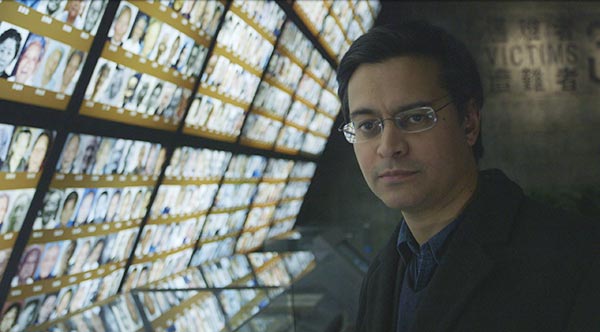Shining light on a forgotten war
By Andrew Moody (China Daily) Updated: 2015-08-20 07:01
 |
|
Rana Mitter, Deutsche Bank director of the Dickson Poon China Center and professor of modern Chinese history at Oxford University. [Photo provided to China Daily] |
The films were shot over 15 days in a number of locations, including Shanghai, Nanjing, Tengchong in Yunnan province, Tai'erzhuang in Shandong province and Chongqing.
It highlights many of the key points of the war, including the Chinese decision to breach dykes along the Yellow River to stop the Japanese advance, which caused famine in China's Henan farm belt and also the Japanese bombing of Chongqing, China's wartime capital, from 1938 onwards.
"Apart from Guernica during the Spanish Civil War, which was famously depicted by Picasso, Chongqing was the first city ever to be aerially bombarded. Some 12,000 people died and although that is fewer than in the London Blitz, it is not considerably smaller proportionate to the number of people who lived there," says Mitter.
The strength of the documentary is the interviews with the survivors, now in their 80s and 90s, including 94-year-old Perry Rao, who fought in the battle of Hengyang, a key central China conflict, in 1944 as a teenager.
Mitter agrees that some of their stories are "pretty gut punching" but he hopes it will create interest not just in China's role in the war but Chinese history generally.
Watch it
World War II: China's Forgotten War will be shown on History (TV Channel) in Asia on Aug 29 and on CCTV 9 in the Fall. It will be available online at a later date.
Related:
10 films recounting the history of WWII
'Lost' movie Kukan brings home horror of Japanese occupation




